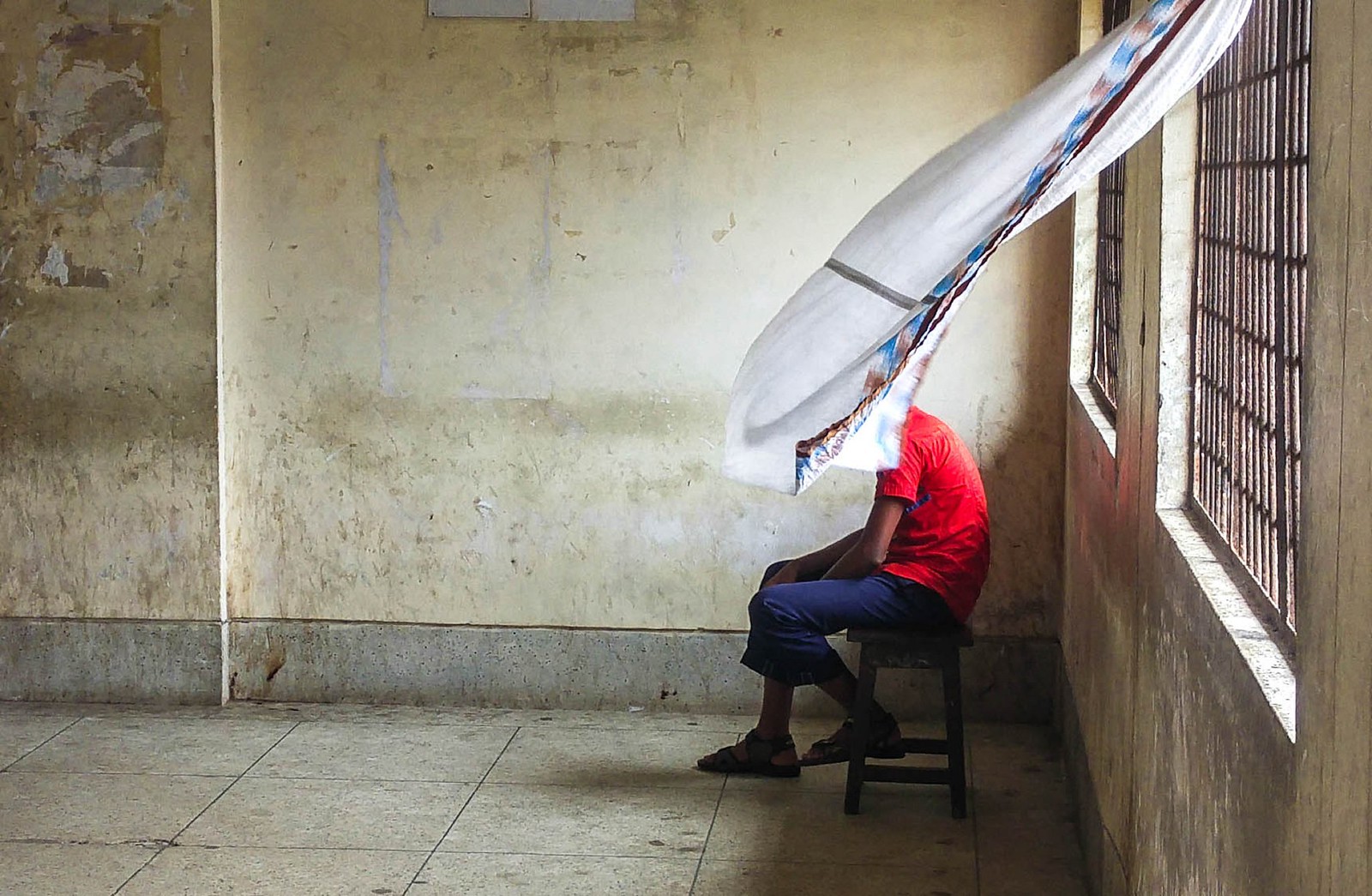
2: photo by shah toufiqur rahman ovi, 11 August 2016

2: photo by shah toufiqur rahman ovi, 11 August 2016

2: photo by shah toufiqur rahman ovi, 11 August 2016
Joseph Ceravolo: Hospital
February 25, 1985
The dying are all over
but we want to work a little,
see friends and sons and daughters
and get out of here forever and ever
until eternity burns the seas.
The living are filtering the smoke
as if we were all looking away
at tobacco and microfilm,
and we contemplate the lover
as eternity burns the seas.
See the crowds, millions gathered
outdoors in sunburn and night.
Listen, the music breaks rocks
and birds fly off-course in the
waves of thundered guitars
while eternity burns the seas.
I know it's only the rooster breaking,
lovers holding hands and kissing.
Warmth breaks the chill of Caribbean cliffs,
breakfast on the planet
while eternity burns the seas.
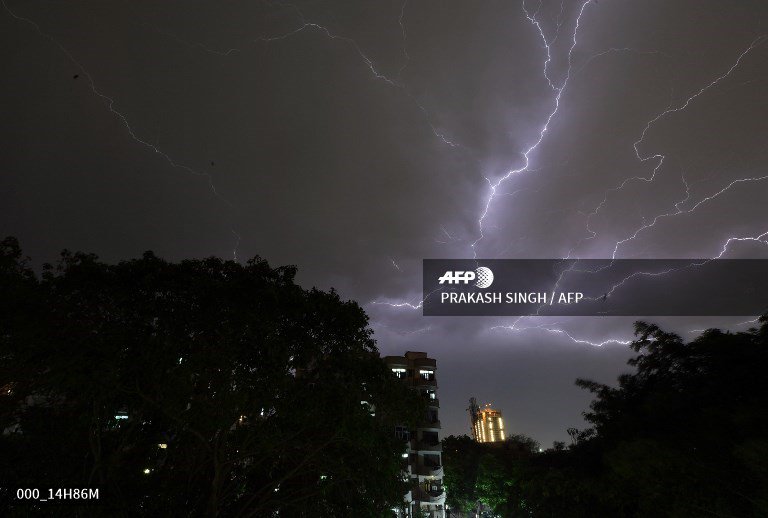
#goodnight Lightning strikes over residential apartments during a thunderstorm in New Delhi, India photo @PrakashAFPlive: image via Aurelia BAILLY @Aurelia BAILLY, 31 May 2018
Israel's supreme court ruled on May 24, in favour of demolishing a #Palestinian Bedouin village despite a campaign by European governments to save it. @AFP_MENA_Photo @KahanaMenahem.: image via Aurelia BAILLY @Aurelia BAILLY, 31 May 2018
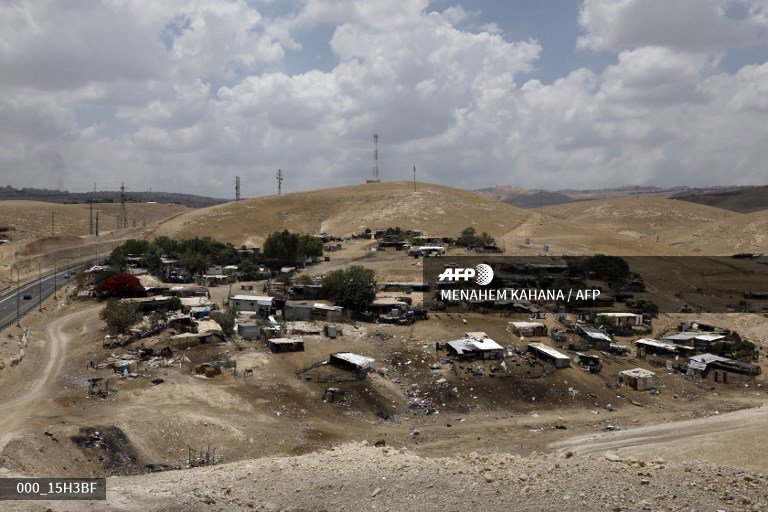
Israel's supreme court ruled on May 24, in favour of demolishing a #Palestinian Bedouin village despite a campaign by European governments to save it. @AFP_MENA_Photo @KahanaMenahem.: image via Aurelia BAILLY @Aurelia BAILLY, 31 May 2018
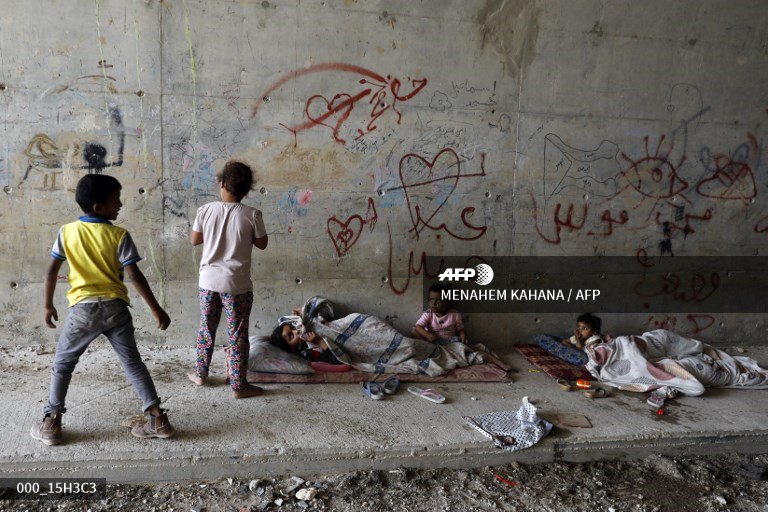
Israel's supreme court ruled on May 24, in favour of demolishing a #Palestinian Bedouin village despite a campaign by European governments to save it. @AFP_MENA_Photo @KahanaMenahem.: image via Aurelia BAILLY @Aurelia BAILLY, 31 May 2018
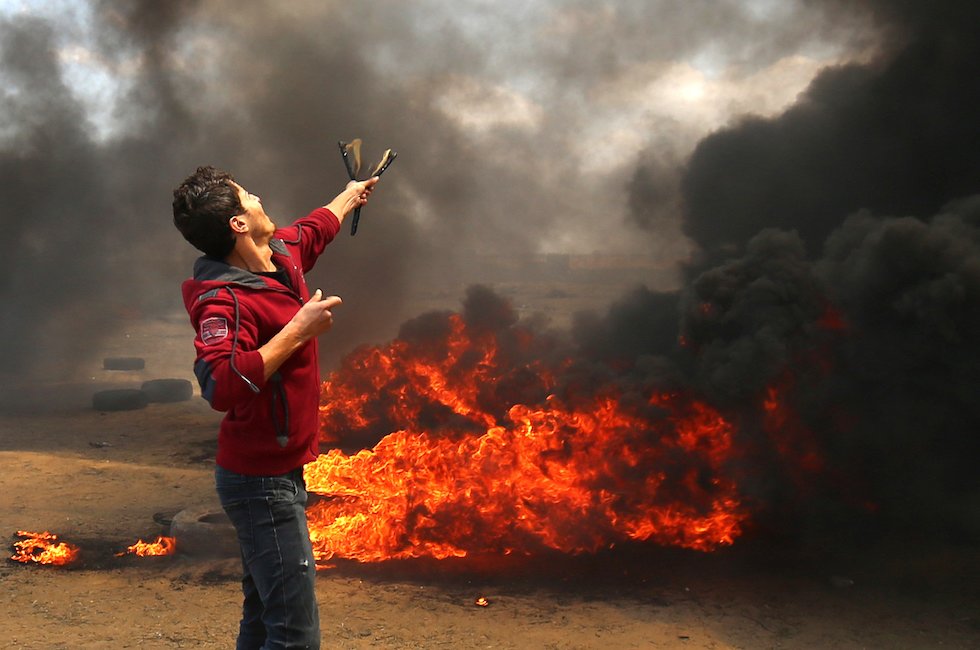
Alla fine siamo sempre lì: c'è chi protesta contro le provocazioni con le fionde, e chi reprime con il fuoco. #gaza #stayhuman [foto @SaidKhatibo per AFP/LaPresse]: image via Marco Rizzo @Marco_Rizzo, 15 May 2018
Monir Deeb was born in Gaza as a refugee. He has been living in the USA for more than three decades. I spoke with Monir about his recent visit to Gaza.
Gilad: You have just returned from Gaza. You were there to mourn the death of your father. You have visited Gaza occasionally, did you see any change this time in terms of the people’s spirit?
Monir: The spirit of the Palestinian Gazans always amazes me each time I am there, and this time was no exception. Considering the deterioration of the overall condition of life in general and the lack of a prospect of a better future for the new generation, Gazans maintain a decency and resilience that I haven’t seen anywhere else in the world.
Gilad: What is their secret? how do people manage to maintain their spirits in such appalling conditions?
Monir: It isn’t really a secret, I think it’s more on the lines of what one believes in. Palestinians believe in their cause; Israel was established as a Zionist idea by people who never stepped foot on this land before, most of whom came from Europe, where they had homes. They didn’t belong to the land, even though they tried it for a while, they stopped when they found out that Palestinians labour was cheaper. So the love and attachment to the actual soil is definitely different. No one can fathom or accept that a stranger from Europe who has come to steal your land and replace you by force has more right to the land than you, the indigenous who were born, raised and lived on the land for many generations past. For the Palestinians this is their home as the land and sun of Palestine has put its stamp on them, unlike those blond blue eyed foreigners that don't look anything like the locales. Many of the Palestinians that were forced out still keep their original keys to their homes in their towns and villages in Palestine. Most Israelis still keep other nationalities, passports and homes in other countries, which gives lots of hope that those settlers one day will go back where they came from.
Gilad: What about the crossing? Gaza is subject to an ongoing siege, it is the biggest open air prison known to man. Did you detect any changes in Israel’s oppressive measures?
Monir: Unfortunately it’s even more negative than in the past. Now the crossing is empty most of the time, due to the choke hold that Israel keeps on the two million inhabitants of the strip. That is by restricting and refusing to issue any permits for movement and thereby limiting crossings to the minimum number possible. And by minimal I mean that the crossing is empty 90% of the time and operates with minimal staff. Just a few very ill patients and their companions, either going to the West Bank, Jordan or to Israeli hospitals for medical treatment that is mostly not available in Gaza as its by design of the Siege. I also saw a few labourers - less than a hundred or so - who were packed by the gate in the early morning light . Some of them said they had been there since 5 AM in order to go to work with a special permit arranged mostly by their Israeli bosses who must have some connections to get them such crossing permits. Imagine, that’s about a 100 or so, from the 60% of two million able bodied people who are unemployed, you do the math. Then there were one or two UNRWA employees, and a few people like me, you can count them on one hand, those who are only allowed to go to their birthplace only when an immediate relative has died which in my case was my father. Otherwise they refuse you entry into Gaza - even if you were born and raised in Gaza - 99% of the time you are refused entry. It is an open criminal policy of ethnically cleansing the Palestinians from their birthplace.
I have to mention here the feeling that overcomes one when crossing this Erez, this so called Border; you are totally controlled in every way; you are watched, stared at, ordered to move only when they let you, totally dominated by armed Israeli civilians with machine guns and held in a severely restricted area surrounded by fences, gates, electronic surveillance and bulletproof glass windows. Then you are herded like cattle through this maze. Their purpose is to make you feel powerless, worthless and controlled. I noticed this time, that they - the Israelis - have even trained the Palestinian luggage handlers to have a superior authoritative attitude towards and use intimidating language against their follow Palestinian travellers.
The Israelis who run the show are sitting up above, behind fortified glass windows, with monitoring cameras, computer screens, guards with machine guns. The Israelis spit out orders over megaphones to the Palestinian handlers, who, in turn, run the Palestinian cattle through the security maze. Then even after you and your belongings go through their machines they make you raise up your shirt, pull your sleeves up, turn around, all to show you who’s in control. The feeling that overcomes any decent self respecting human being, including myself, while going through this experience is not at all pleasant. I am by nature a very peaceful person, but at that moment, I wished that the whole place would collapse on them and make them all disappear along with their mazes, computers, electric steel doors and machine guns.
Gilad: This is very upsetting. It is a story of dehumanisation. Is there any hope to have peace with people who impose such a level of oppression?
Monir: There would be if Israel and Zionism had such a concept on their agenda; but their history and the facts on the ground have shown us the total opposite of peace. For the last 100 years, or at least 70 years, the Israelis have been dispossessing the Palestinians of their homes, land, their water, their freedom, right of return, their freedom to move about within their land and sea. One only needs to look at maps of Palestine from before 1947, and then from today in 2018 to tell the whole story.
Israel could have been a great opportunity for the Jews to solve the so called “Jewish Question” that persisted in Europe, but the Zionists would have had to shake hands and find peace with the Palestinians. Israel has had many such opportunities that it stepped over with one excuse or another. Israel must acknowledge the Nakba (the 1948 Palestinian catastrophe) that Israel brought upon the Palestinians with their Zionist plans, allow at least some of the refugees to return, and negotiate Jerusalem and the rest of the issues. Had they done so, it would have legitimized Israel as a sovereign country, and not as an occupier settler people as they are widely regarded in the world. Such a peace would also have proven, once and for all, that the Jew is not a problem in Europe or anywhere else (GA: which would accomplish the Zionist promise).
Sadly, this is not the Jewish/ Israeli agenda, so what is left for the Palestinians to do? You saw in the last few weeks, the Gazans tried a peaceful protest, as Israel has never ‘liked’ Palestinian militant resistance or their Intifadas. But Israel met peaceful protest with military snipers, armed with illegal “internationally “hollow head explosive bullets, and shooting to kill or cripple youth in the prime of their lives and without any consideration to the human catastrophe that the snipers inflict on their targets, children and families. Many of the protestors were actually children themselves. Tell me, does that sound like the Zionists Israelis want to make peace with the Palestinians? It looks like the only thing that would make Israel happy with the Palestinians would be if they disappear altogether.
Gilad : You were there, as the numbers of Palestinian casualties and fatalities were mounting. How did the Gazans react to the colossal crimes committed against them?
Monir: I don’t know how each one felt. It’s difficult to tell, but what I can describe to you and want us to question is what drives such young and strong people, people who should have their whole lives ahead of them at such a tender age from 10-12-15, to go to the fence to protest. They know very well what many of their friends, neighbours, brothers and sisters have faced against the most lethal, hollow point rotating bullets, a bullet that tears up every organ in the body it encounters, bullets shot at them by well trained Israeli army snipers, from a distance of up to 1000 yards, bullets aimed with the intent to kill or cause extreme damage and ending their ability to function normally in everyday life. You tell me what level of desperation one needs to have to put himself or herself there? That’s what we should ask, and who put them there and this inhuman siege?
Think about it and imagine what state of mind you would have to find yourself in, to throw yourself forward while knowing what might happen to you? Is this the price Israelis extract from the people who dare to peacefully protest their siege and oppression? Are those Jewish leaders of Israel and IDF generals who gave orders to shoot to kill, are they sleeping well at night? And if they are, what does that say about them and about their Jewish Israeli society, and all those so called diaspora Jews who support them?
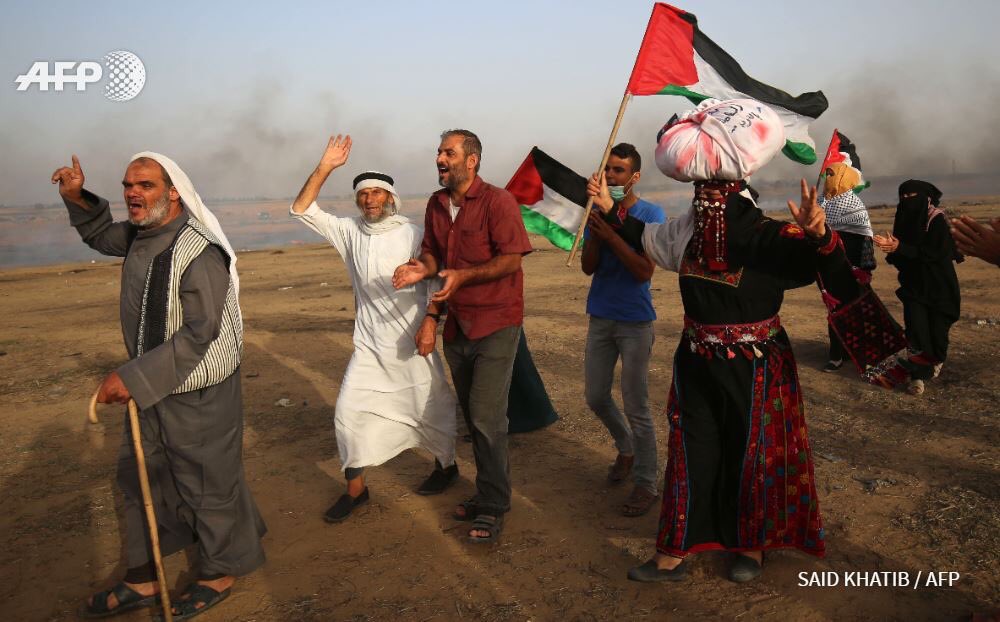
2018 #Palestinian #demonstration during #clashes with #Israeli forces along the #border with the #Gaza strip east of Khan Yunis on May 25, 2018. / #AFP PHOTO / SAID KHATIB: image via said khatib @saidkhatib, 26 May 2018
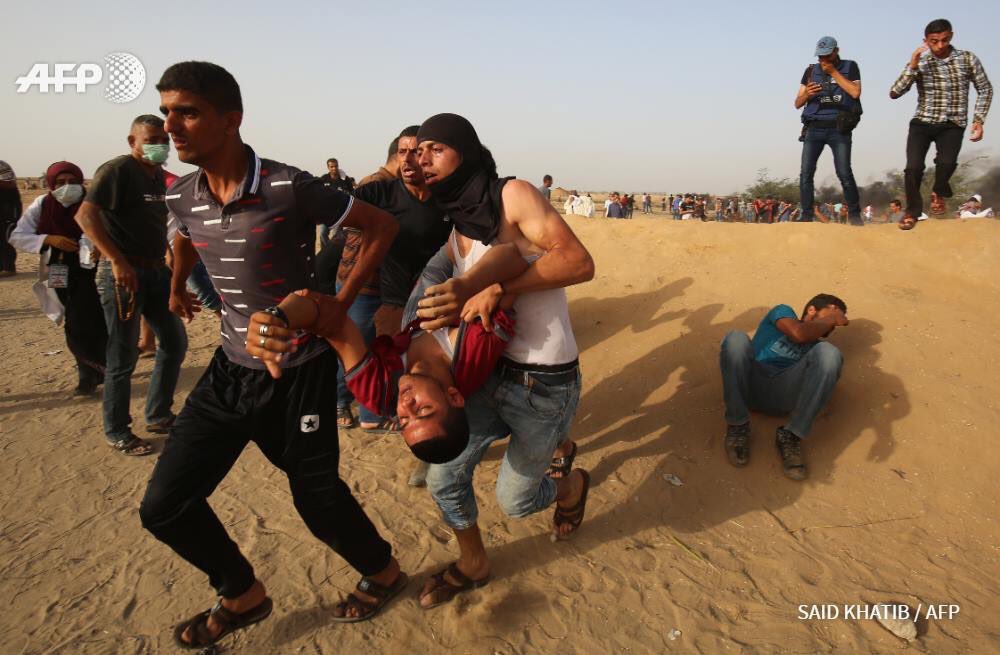
2018 #Palestinian #demonstration during #clashes with #Israeli forces along the #border with the #Gaza strip east of Khan Yunis on May 25, 2018. / #AFP PHOTO / SAID KHATIB: image via said khatib @saidkhatib, 26 May 2018
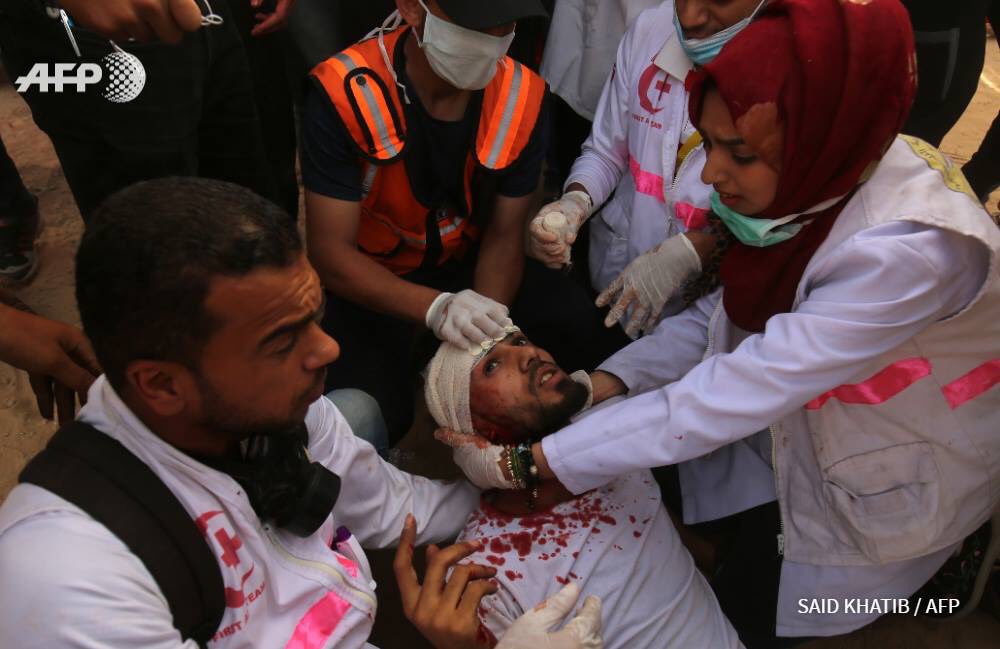
2018 #Palestinian #demonstration during #clashes with #Israeli forces along the #border with the #Gaza strip east of Khan Yunis on May 25, 2018. / #AFP PHOTO / SAID KHATIB: image via said khatib @saidkhatib, 26 May 2018
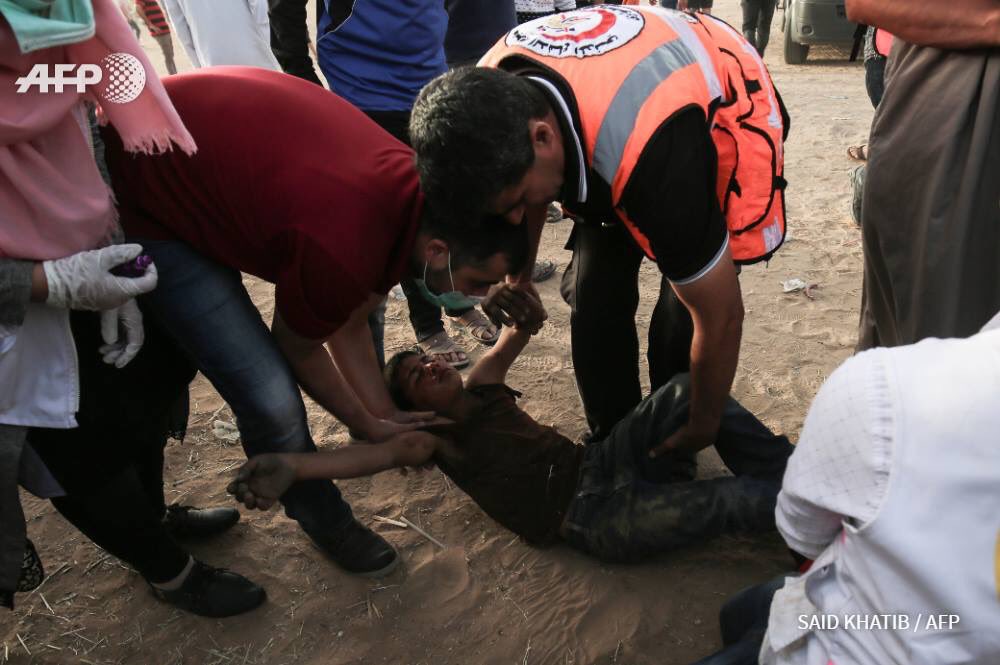
The Meaning of Gaza

Alla fine siamo sempre lì: c'è chi protesta contro le provocazioni con le fionde, e chi reprime con il fuoco. #gaza #stayhuman [foto @SaidKhatibo per AFP/LaPresse]: image via Marco Rizzo @Marco_Rizzo, 15 May 2018
The Meaning of Gaza: Gilad Atzmon, 25 May 2018: Gilad interviews Monir Deeb: "It looks like the only thing that would make Israel happy with the Palestinans would be if they disappear altogether"
Monir Deeb was born in Gaza as a refugee. He has been living in the USA for more than three decades. I spoke with Monir about his recent visit to Gaza.
Gilad: You have just returned from Gaza. You were there to mourn the death of your father. You have visited Gaza occasionally, did you see any change this time in terms of the people’s spirit?
Monir: The spirit of the Palestinian Gazans always amazes me each time I am there, and this time was no exception. Considering the deterioration of the overall condition of life in general and the lack of a prospect of a better future for the new generation, Gazans maintain a decency and resilience that I haven’t seen anywhere else in the world.
Gilad: What is their secret? how do people manage to maintain their spirits in such appalling conditions?
Monir: It isn’t really a secret, I think it’s more on the lines of what one believes in. Palestinians believe in their cause; Israel was established as a Zionist idea by people who never stepped foot on this land before, most of whom came from Europe, where they had homes. They didn’t belong to the land, even though they tried it for a while, they stopped when they found out that Palestinians labour was cheaper. So the love and attachment to the actual soil is definitely different. No one can fathom or accept that a stranger from Europe who has come to steal your land and replace you by force has more right to the land than you, the indigenous who were born, raised and lived on the land for many generations past. For the Palestinians this is their home as the land and sun of Palestine has put its stamp on them, unlike those blond blue eyed foreigners that don't look anything like the locales. Many of the Palestinians that were forced out still keep their original keys to their homes in their towns and villages in Palestine. Most Israelis still keep other nationalities, passports and homes in other countries, which gives lots of hope that those settlers one day will go back where they came from.
Gilad: What about the crossing? Gaza is subject to an ongoing siege, it is the biggest open air prison known to man. Did you detect any changes in Israel’s oppressive measures?
Monir: Unfortunately it’s even more negative than in the past. Now the crossing is empty most of the time, due to the choke hold that Israel keeps on the two million inhabitants of the strip. That is by restricting and refusing to issue any permits for movement and thereby limiting crossings to the minimum number possible. And by minimal I mean that the crossing is empty 90% of the time and operates with minimal staff. Just a few very ill patients and their companions, either going to the West Bank, Jordan or to Israeli hospitals for medical treatment that is mostly not available in Gaza as its by design of the Siege. I also saw a few labourers - less than a hundred or so - who were packed by the gate in the early morning light . Some of them said they had been there since 5 AM in order to go to work with a special permit arranged mostly by their Israeli bosses who must have some connections to get them such crossing permits. Imagine, that’s about a 100 or so, from the 60% of two million able bodied people who are unemployed, you do the math. Then there were one or two UNRWA employees, and a few people like me, you can count them on one hand, those who are only allowed to go to their birthplace only when an immediate relative has died which in my case was my father. Otherwise they refuse you entry into Gaza - even if you were born and raised in Gaza - 99% of the time you are refused entry. It is an open criminal policy of ethnically cleansing the Palestinians from their birthplace.
I have to mention here the feeling that overcomes one when crossing this Erez, this so called Border; you are totally controlled in every way; you are watched, stared at, ordered to move only when they let you, totally dominated by armed Israeli civilians with machine guns and held in a severely restricted area surrounded by fences, gates, electronic surveillance and bulletproof glass windows. Then you are herded like cattle through this maze. Their purpose is to make you feel powerless, worthless and controlled. I noticed this time, that they - the Israelis - have even trained the Palestinian luggage handlers to have a superior authoritative attitude towards and use intimidating language against their follow Palestinian travellers.
The Israelis who run the show are sitting up above, behind fortified glass windows, with monitoring cameras, computer screens, guards with machine guns. The Israelis spit out orders over megaphones to the Palestinian handlers, who, in turn, run the Palestinian cattle through the security maze. Then even after you and your belongings go through their machines they make you raise up your shirt, pull your sleeves up, turn around, all to show you who’s in control. The feeling that overcomes any decent self respecting human being, including myself, while going through this experience is not at all pleasant. I am by nature a very peaceful person, but at that moment, I wished that the whole place would collapse on them and make them all disappear along with their mazes, computers, electric steel doors and machine guns.
Gilad: This is very upsetting. It is a story of dehumanisation. Is there any hope to have peace with people who impose such a level of oppression?
Monir: There would be if Israel and Zionism had such a concept on their agenda; but their history and the facts on the ground have shown us the total opposite of peace. For the last 100 years, or at least 70 years, the Israelis have been dispossessing the Palestinians of their homes, land, their water, their freedom, right of return, their freedom to move about within their land and sea. One only needs to look at maps of Palestine from before 1947, and then from today in 2018 to tell the whole story.
Israel could have been a great opportunity for the Jews to solve the so called “Jewish Question” that persisted in Europe, but the Zionists would have had to shake hands and find peace with the Palestinians. Israel has had many such opportunities that it stepped over with one excuse or another. Israel must acknowledge the Nakba (the 1948 Palestinian catastrophe) that Israel brought upon the Palestinians with their Zionist plans, allow at least some of the refugees to return, and negotiate Jerusalem and the rest of the issues. Had they done so, it would have legitimized Israel as a sovereign country, and not as an occupier settler people as they are widely regarded in the world. Such a peace would also have proven, once and for all, that the Jew is not a problem in Europe or anywhere else (GA: which would accomplish the Zionist promise).
Sadly, this is not the Jewish/ Israeli agenda, so what is left for the Palestinians to do? You saw in the last few weeks, the Gazans tried a peaceful protest, as Israel has never ‘liked’ Palestinian militant resistance or their Intifadas. But Israel met peaceful protest with military snipers, armed with illegal “internationally “hollow head explosive bullets, and shooting to kill or cripple youth in the prime of their lives and without any consideration to the human catastrophe that the snipers inflict on their targets, children and families. Many of the protestors were actually children themselves. Tell me, does that sound like the Zionists Israelis want to make peace with the Palestinians? It looks like the only thing that would make Israel happy with the Palestinians would be if they disappear altogether.
Gilad : You were there, as the numbers of Palestinian casualties and fatalities were mounting. How did the Gazans react to the colossal crimes committed against them?
Monir: I don’t know how each one felt. It’s difficult to tell, but what I can describe to you and want us to question is what drives such young and strong people, people who should have their whole lives ahead of them at such a tender age from 10-12-15, to go to the fence to protest. They know very well what many of their friends, neighbours, brothers and sisters have faced against the most lethal, hollow point rotating bullets, a bullet that tears up every organ in the body it encounters, bullets shot at them by well trained Israeli army snipers, from a distance of up to 1000 yards, bullets aimed with the intent to kill or cause extreme damage and ending their ability to function normally in everyday life. You tell me what level of desperation one needs to have to put himself or herself there? That’s what we should ask, and who put them there and this inhuman siege?
Think about it and imagine what state of mind you would have to find yourself in, to throw yourself forward while knowing what might happen to you? Is this the price Israelis extract from the people who dare to peacefully protest their siege and oppression? Are those Jewish leaders of Israel and IDF generals who gave orders to shoot to kill, are they sleeping well at night? And if they are, what does that say about them and about their Jewish Israeli society, and all those so called diaspora Jews who support them?

2018 #Palestinian #demonstration during #clashes with #Israeli forces along the #border with the #Gaza strip east of Khan Yunis on May 25, 2018. / #AFP PHOTO / SAID KHATIB: image via said khatib @saidkhatib, 26 May 2018

2018 #Palestinian #demonstration during #clashes with #Israeli forces along the #border with the #Gaza strip east of Khan Yunis on May 25, 2018. / #AFP PHOTO / SAID KHATIB: image via said khatib @saidkhatib, 26 May 2018

2018 #Palestinian #demonstration during #clashes with #Israeli forces along the #border with the #Gaza strip east of Khan Yunis on May 25, 2018. / #AFP PHOTO / SAID KHATIB: image via said khatib @saidkhatib, 26 May 2018








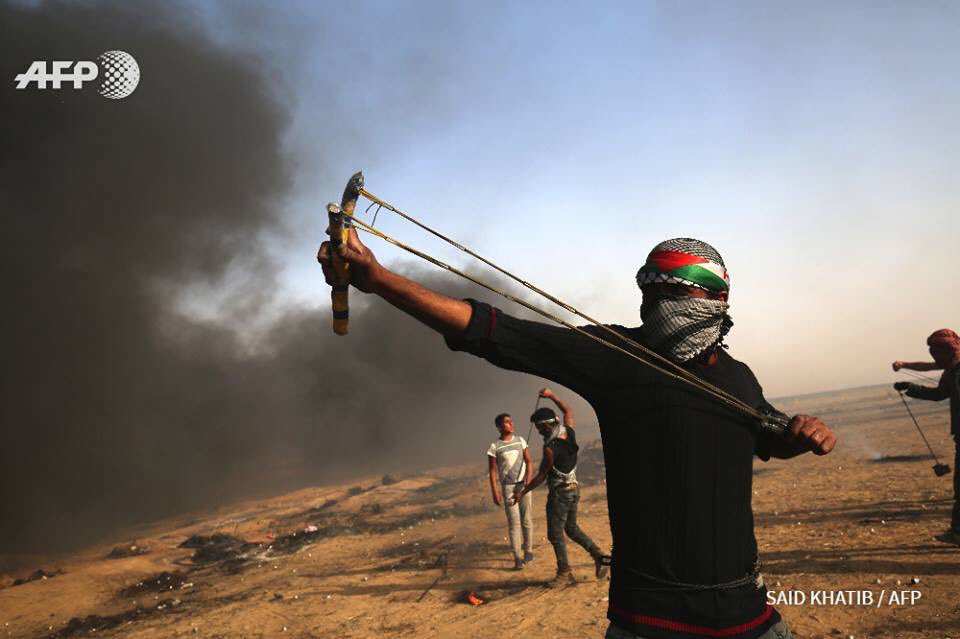

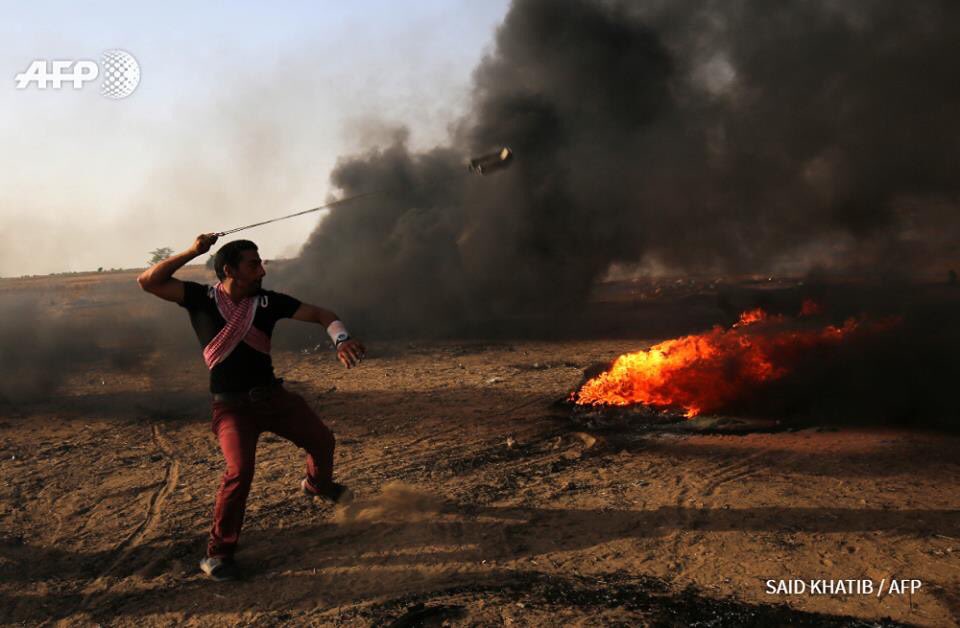

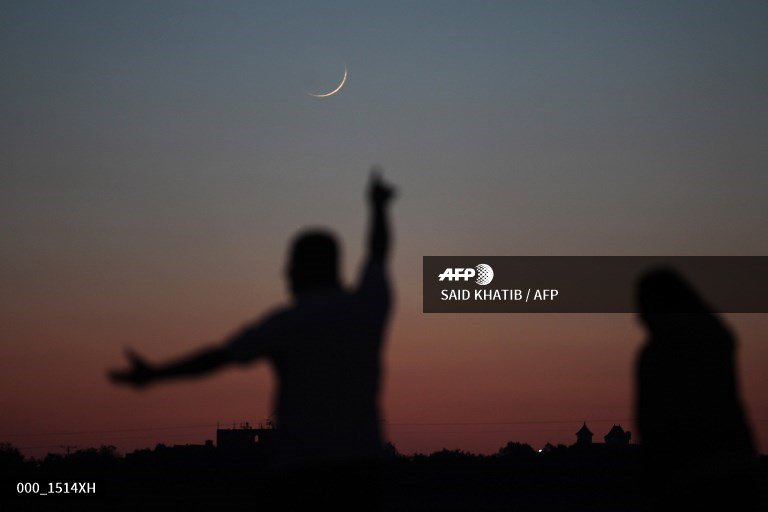
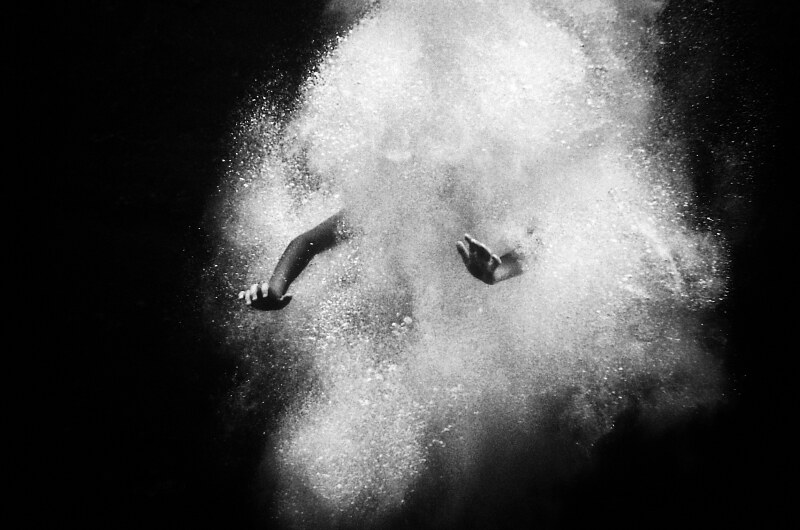
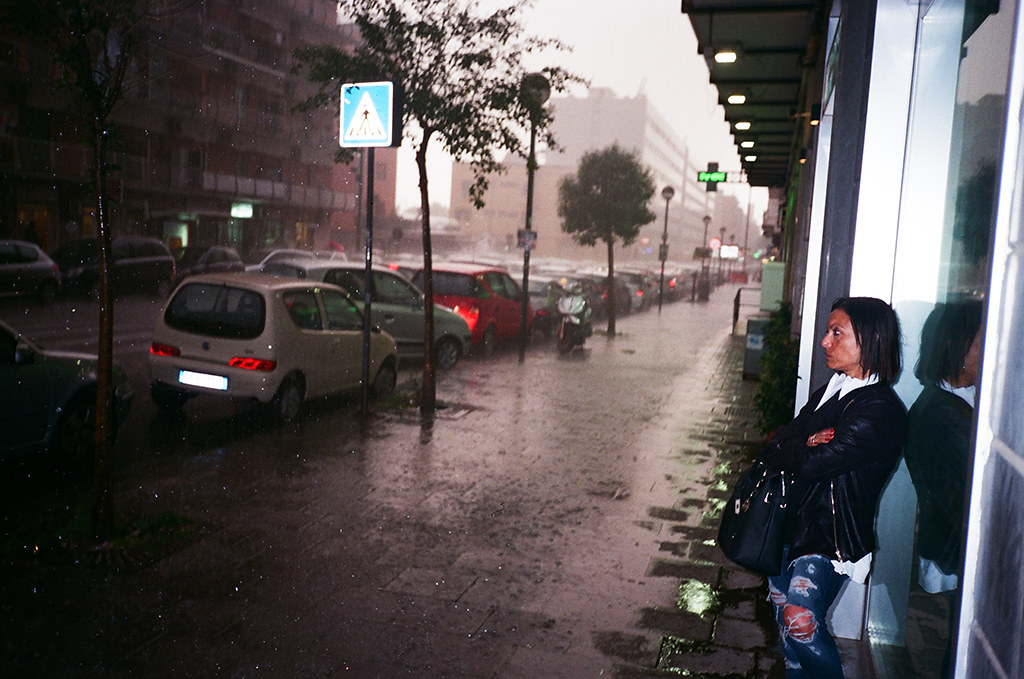
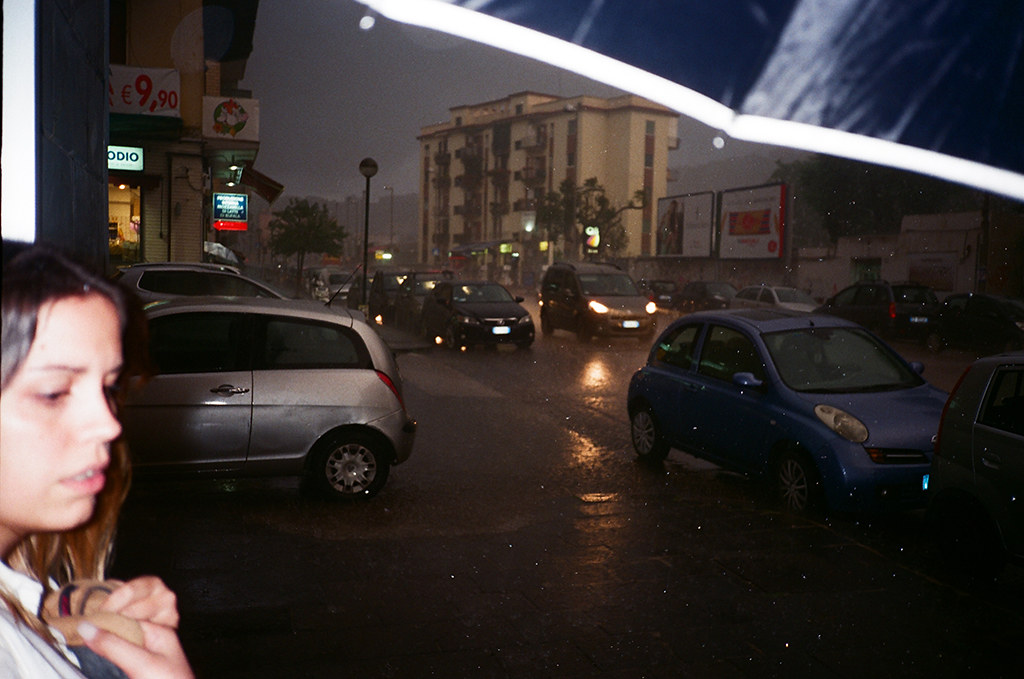

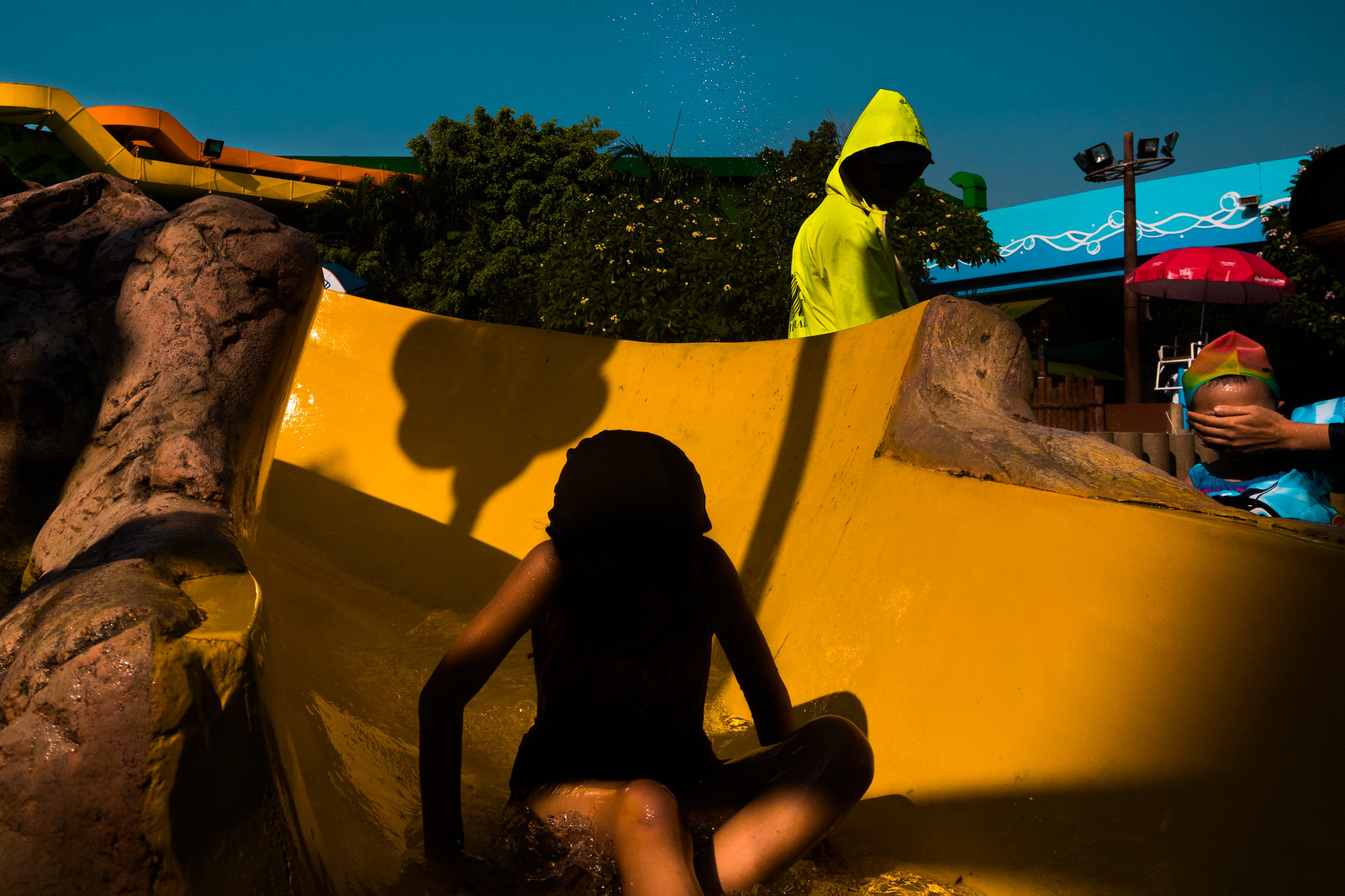

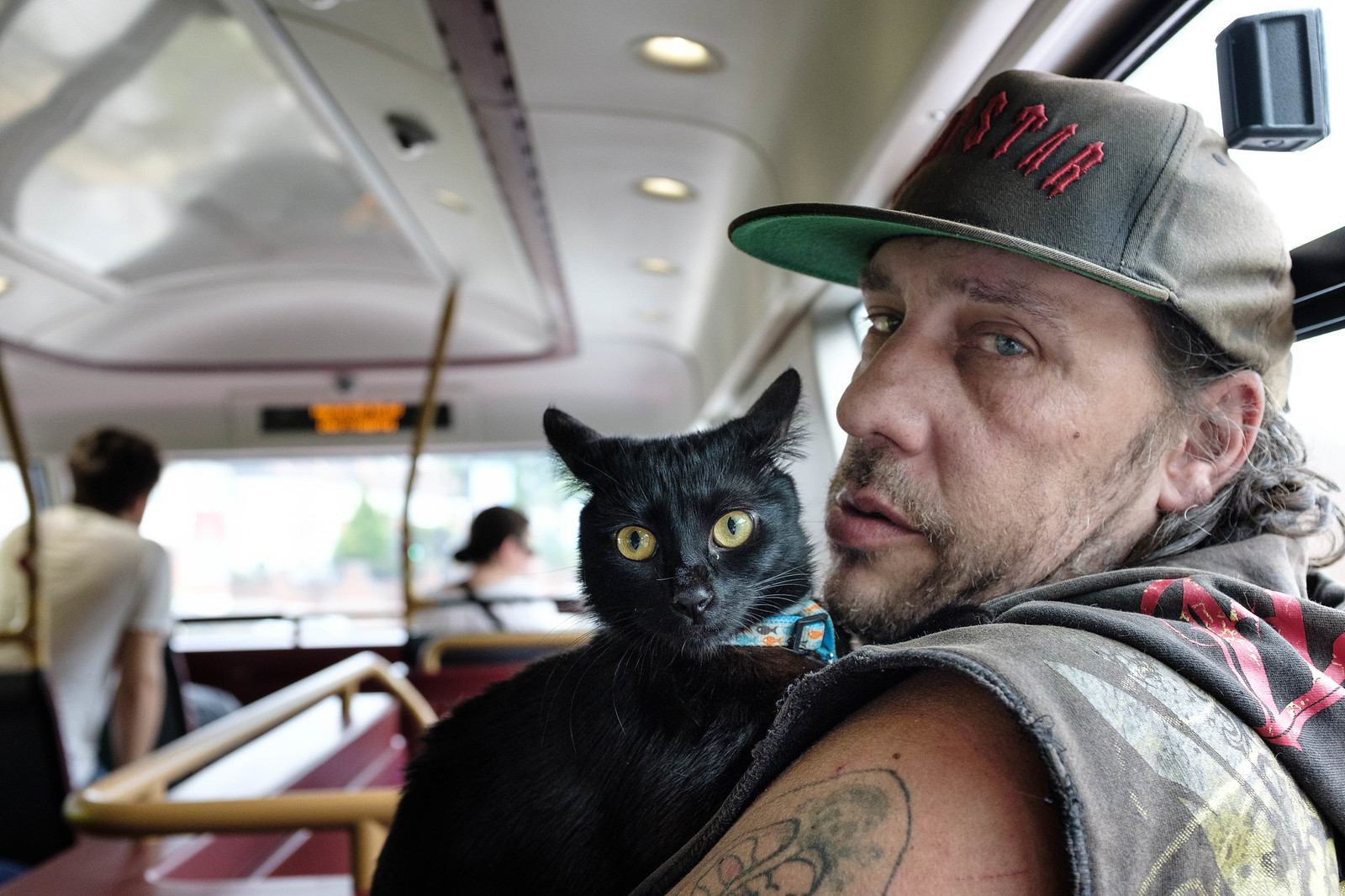



3 comments:
"Israel could have been a great opportunity for the Jews to solve the so called “Jewish Question” that persisted in Europe, but the Zionists would have had to shake hands and find peace with the Palestinians. Israel has had many such opportunities that it stepped over with one excuse or another. Israel must acknowledge the Nakba (the 1948 Palestinian catastrophe) that Israel brought upon the Palestinians with their Zionist plans, allow at least some of the refugees to return, and negotiate Jerusalem and the rest of the issues. Had they done so, it would have legitimized Israel as a sovereign country, and not as an occupier settler people as they are widely regarded in the world. Such a peace would also have proven, once and for all, that the Jew is not a problem in Europe or anywhere else".
This is at the heart of the whole thing. There were so many other narratives, so many other possibilities. A two state solution doesn't come close to making peace possible. As long as race remains the grounding principle of a state there's little hope of a sustained existence.
The living are filtering the smoke
as if we were all looking away
I suppose we're all just truth filters mounted inside the smokestacks now. Poetry offers the gift of a prophetic saying. A world historical sensitivity built into the medium? Ceravolo always goes to (can never escape from) the heart of any matter. A small embarrassed stumble here and there, but always picking up again and keeping on. For me, Atzmon's interview with Monir Deeb also goes directly to the heart of the matter. The simplicity and clarity, the directness of the address. A world that must continue to evade these truths probably deserves what it is getting, all these wonderful short-term profits that allow the ongoing of what is thought to be a way of life.
Post a Comment